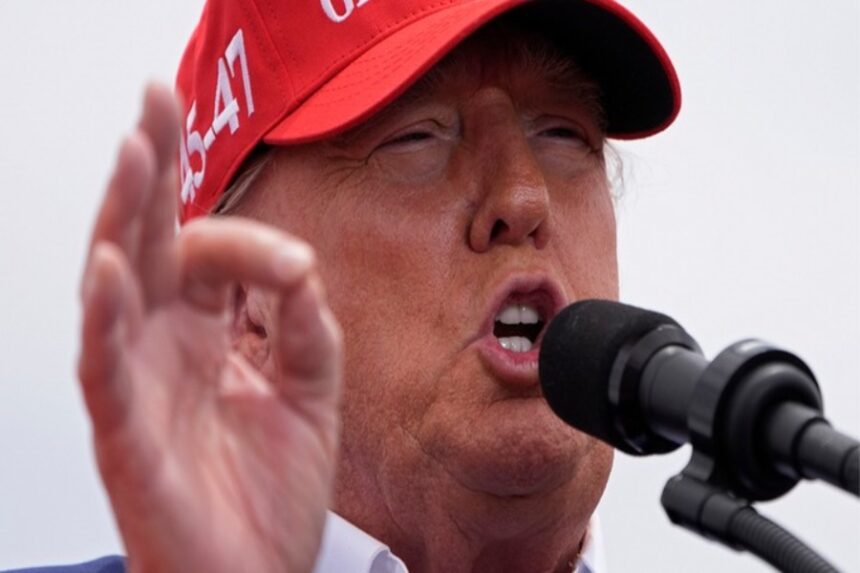WASHINGTON—In the ongoing saga surrounding former President Donald Trump’s handling of classified documents, U.S. District Judge Aileen Cannon has made significant legal decisions, shaping the contours of a case that continues to attract national attention.
Despite striking specific contentious elements from the indictment, the judge has denied several motions by Trump’s legal team to dismiss charges, signaling a complex legal battle ahead as Trump aims to navigate through multiple criminal cases while seeking a return to the White House.
The focal point of recent proceedings has been Judge Cannon’s ruling on a motion concerning Trump’s alleged misuse of classified documents post-presidency. Trump’s legal team attempted to have more than a half-dozen of the 41 counts dismissed in the indictment.
These charges accused the former president of illegally retaining classified documents at his Mar-a-Lago estate in Florida and conspiring with associates to hide these sensitive files from the federal government.
In a detailed 14-page order, Judge Cannon rejected the defense’s motion to dismiss these counts. She pointed out that any deficiencies identified, while potentially confusing, were permissible under current law or did not warrant dismissal at this early stage.
She emphasized that evidentiary issues raised should be addressed during the trial, not before, ensuring that jurors receive clear instructions and appropriate verdict forms detailing each defendant’s alleged actions.
However, Judge Cannon agreed to remove a specific paragraph from the indictment that detailed an incident where Trump allegedly displayed a classified map during a discussion at his Bedminster club in New Jersey.
The defense argued that this inclusion was prejudicial and irrelevant to the charges at hand, a point with which Cannon concurred, noting that the narrative while striking, was not directly linked to the criminal charges and could unduly influence a jury.
This legal maneuver occurred as Trump faced an unprecedented four criminal cases simultaneously.
His recent conviction in a New York case over hush-money payments has not deterred his political ambitions, as he remains a strong contender for the Republican nomination in the upcoming presidential election. The classified documents case, however, represents a significant legal threat involving allegations of obstruction and false statements regarding handling sensitive national security information.
As the case proceeds, the accumulation of pretrial motions and legal debates has slowed its progress, with Judge Cannon having to postpone the trial initially set for May 20 indefinitely.
Further arguments are scheduled later this month, including those challenging the legality and funding of the appointment of Special Counsel Jack Smith, who leads the prosecution.
Legal experts suggest that the outcome of these preliminary rulings could significantly impact the scope of evidence permissible at trial, potentially affecting the prosecution’s ability to present a comprehensive case against Trump.
Judge Cannon’s decisions thus far indicate a cautious approach to procedural fairness, balancing the need to eliminate potentially prejudicial information while preserving the integrity of the legal process against a backdrop of intense political and public scrutiny.




